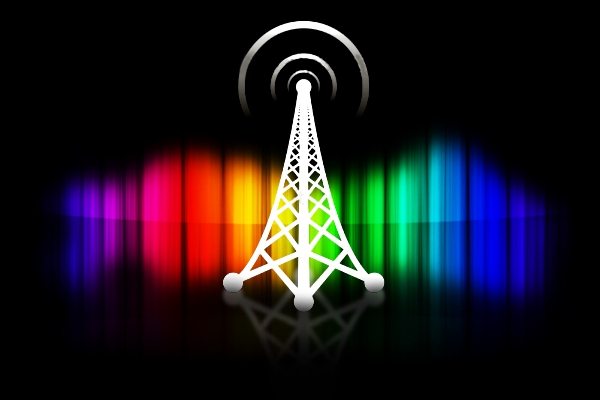In an effort to improve network efficiency and battle dropped calls, the Indian government has approved spectrum sharing among mobile operators with the same type of spectrum.
“Sharing will allow efficient utilization of bandwidth and help address issues of call drop and call congestion,” Ravi Shankar Prasad, India’s telecoms minister, said.
But while the move provides freedom for operators to share spectrum, they will not be allowed to lease spectrum to one another. According to the Economic Times, the government did not address the issue of spectrum trading, causing operators to express concerns about proposed trading rules that would allow the government to tax them twice on the spectrum.
For the sharing portion of the agreement, the government laid out highly structured rules that detail the price that can be paid to access the airwaves. Per the agreement, if an operator pays more than its spectrum partner, the partner that paid less will be required to equalize the value of frequencies.
The agreement also allows the government to levy a usage charge of 0.5% on shared airwaves. The spectrum partnerships will be allowed to last for five years with an option to extend another five years after the end of the initial agreement. The deal also says that no operator will be permitted to have more than a 25% stake of the airwaves in its circle or more than 50% in a band.
“We applaud the clearance of the spectrum sharing norms,” a senior official with Uninor, the Indian arm of Norwegian telco Telenor said. “This was a much-awaited regulation, and with this operators like Uninor will be able to optimize use of spectrum as well as offer a superior customer experience both on voice and internet.”
Indian telecom stocks rose 4% overall after the decision was announced. Bharti Airtel led the charge, climbing 4.13%

